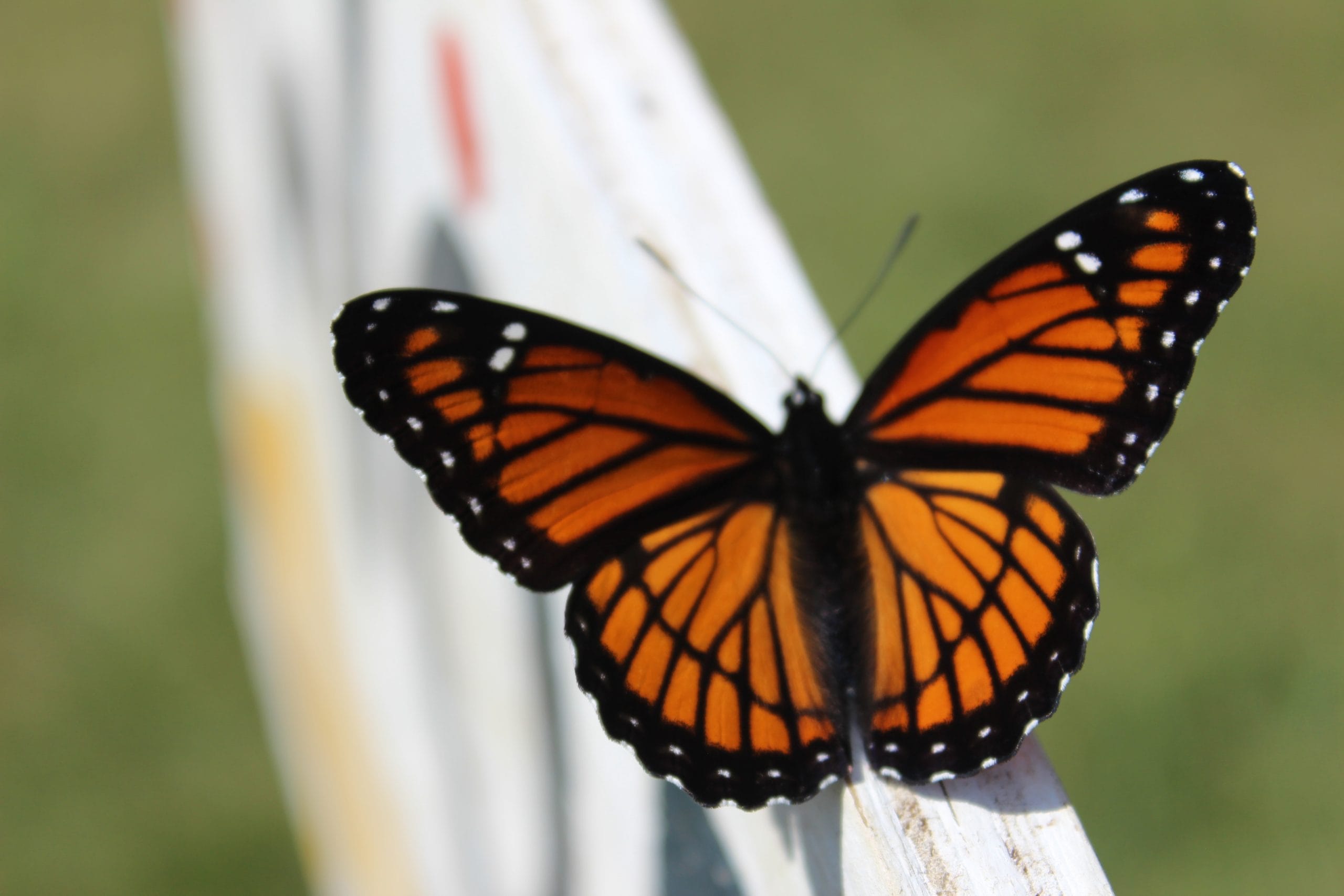WELLINGTON COUNTY – A delicate spider web sparkles with dew, butterflies and bees flit around flowers, and earthworms burrow through rich soil.
Backyards are typically home to thousands of insects, according to the Farmer’s Almanac. And most are beneficial – not just the pretty ones.
Insects, arachnids and worms are vital to the health of gardens and the well being of the environment overall because they bring balance to ecosystems.
Flies, ants, and moths pollinate flowers, fruits and vegetables.
Wasps are pollinators who also control pest populations like tomato hornworms and tent caterpillars. (And many wasps don’t sting.)
Spiders and dragonflies eat mosquitoes.
Ladybugs eat mites and aphids – a single ladybug larva can eat up to 40 aphids an hour, according to the Farmer’s Almanac.
Centipedes, sowbugs, earwigs and worms break down organic matter, adding nutrients to soil.
Beetles are pollinators who also enrich soil.
Insects, arachnids and worms also provide an essential food for chickadees, cardinals, and other birds.
But the number of insects, arachnids, and worms is declining rapidly across the Earth.
A third of the world’s insect species are endangered, and over 40% are declining, according to a 2019 report published in the journal Biological Conservation.
Western monarch butterflies in particular have declined by 99.9% since the 1980s, according to a study published in the journal Science in 2021.
People can cultivate habitats in gardens to help these essential little creatures increase their numbers.
Native plants attract
beneficial bugs
The key to growing gardens that encourage insects to live and breed is to plant a variety of flowers and plants, especially those native to the area, such as black-eyed Susans, asters, and milkweed.
Native plants provide essential food and shelter, said President of the Toronto Entomologists Association Bipin Dhinsa, and they make a rewarding and easy addition to any garden.
“People will be amazed by how many native insects from Ontario will come within minutes of planting” native plants, he assured during an interview with the Advertiser.
Once established, native plants need “little or no pruning, toppings, watering, or fertilization,” making them perfect for beginners and people looking for inexpensive and low-maintenance gardens, he added.
“Somebody who’s not really a gardener can plant the native plants and not have to worry about it.”
Just plant something ideal for the garden’s conditions – the soil type and amount of moisture and shade, and native plants “will prosper,” he added.
Protecting beneficial bugs
Protect insects, arachnids and worms from winter weather by providing them shelter, Dhinsa recommends.
“By thoughtfully leaving certain areas in our yards undisturbed, such as shrubs, old logs, long grasses, and piles of leaves and brush, we create crucial havens for nesting and hibernation during the long winter,” he writes in his article Give wildlife a chance this year!
Everything organic will eventually break down, adding nutrients to the soil that supports plants in the garden, Dhinsa said.
“Even seemingly mundane elements like bricks, large stones, and overturned flower pots take on newfound importance, providing shelter to toads, insects, and overwintering larvae, all of which serve as essential natural food sources for numerous animals,” he notes.
If you need to clean the garden up, wait until late spring, “to give everybody a fair chance to get out,” Dhinsa recommends.
Offer insects a water source by putting rocks in a bird bath to give them a place to land while they drink.
What not to do
Dhinsa said it’s important not to use pesticides, herbicides, or other chemicals in the garden as they will wipe out more than the intended targets.
Avoid tilling to support worms in the garden, who loosen the soil, making room for roots to grow. Worms also eat compost and leaf litter and produce excrement rich in magnesium, nitrogen, phosphorus, and potassium.
Limit outside lighting to protect nocturnal insects, as exterior lighting kills many insects, Dhinsa said.
More information about beneficial garden bugs is available at wildbugs.ca.

Pollinator – A common eastern bumble bee pollinates flowers on a tall scarlet runner bean plants.




